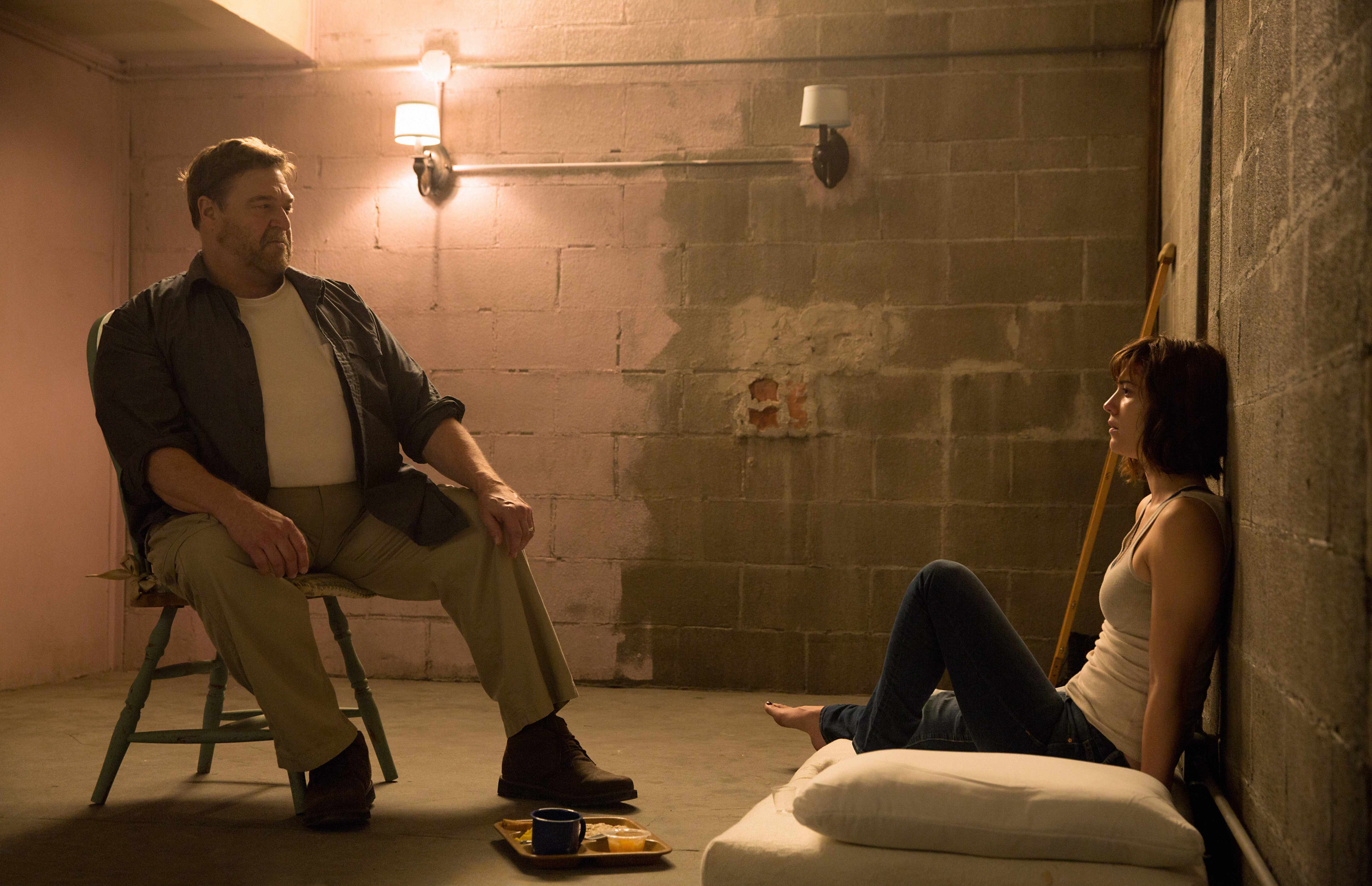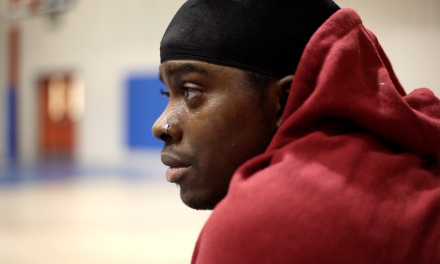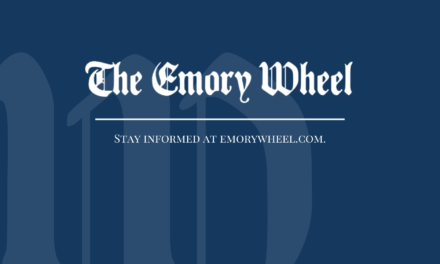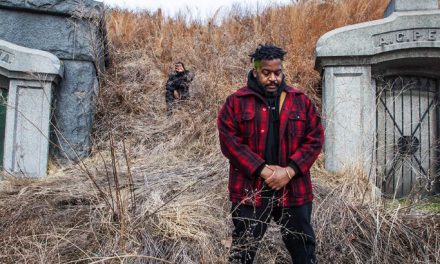
Courtesy of Robb Cohen
After 25 years of international fame and touring, one might expect Radiohead to look tired, even resentful, on stage. This is a band that’s dealt with the weight of expectations, of fans and of critics, for decades now.
But when you see frontman and vocalist Thom Yorke’s ecstatic, unrestrained dancing in person; when your eyes drift to bassist Colin Greenwood’s unbroken focus as he keeps up with drummer Phil Selway’s precise drumming to form a seamless connection between rhythm and melody; and when a smile spreads across guitarist Ed O’Brien’s face as he takes out his in-ear monitors to lead the crowd in a chorus of “Karma Police” — it’s clear they’re not holding anything back.
And of course they’re not; they’re musical titans who have earned that title through continuous innovation. They created some of the crispest guitar rock ever written on The Bends and OK Computer before making a sharp turn to electronically-driven post-rock with Kid A, which was, by critical acclaim, one of the best albums of the 2000s. 2016 saw their newest release, A Moon Shaped Pool, a record full of placid, atmospheric bliss that sounds as fresh and unique as ever.
Their 2017 tour across the United States put that vigor on live display at Philips Arena April 1. After an enthralling opening performance by Dudu Tassa & The Kuwaitis, an Israeli rock band that performed a modern, heavy take on the music of the Middle East, Radiohead kicked off their set with “Daydreaming,” the second song off of their latest record.
It was a quiet way to start the night — the song began with a sole piano textured with quiet, spaced-out bells, before it ultimately swelled into a powerful orchestral climax washed with the color of tense, beautiful strings. White light emanated from the stage, perfectly translating the track’s haunting elegance into an entrancing visual experience.
In fact, every song had the kind of fitting audio-visual transcription that happened in their opener, even though most tracks didn’t have their own unique set of effects. Lights with ever-shifting colors bathed the stage as live videos of the band playing were projected on the screen behind them at once, each overlaid on one another, constantly morphing into new angles and shots. It made the show feel like some distorted but important transmission from the future — not a bad way of describing how Radiohead’s music sounds.
“Desert Island Disk” and “Ful Stop” entranced the crowd with charged, yet reserved, power, but it wasn’t until fan favorites “Airbag” and “My Iron Lung” that got the crowd up and hollering along. Almost every one of Radiohead’s studio albums got time in the spotlight, giving longtime Radiohead fans of every persuasion something to enjoy and first-time listeners a broad palette of sounds to experience.
But this concert was more than the sum of its setlist — the energy Radiohead brought to their performance was easily its best part. Yorke wasn’t incredibly talkative and instead preferred to make guttural noises and gestures in front of the microphone between songs, yet his passion was in full view as he galloped across the stage and swayed to the music, bringing the already exuberant crowd to another level.
The night came to a close with the anthemic “Karma Police,” which from the opening notes had the masses singing. The song, like so many others that night, transformed in the moment. The sensation of being surrounded by scores of enthralled fans piled in front of the band — a group of performers who, 20 years after writing the song, are still performing their hearts out — made that already great track even better. That’s not an experience you’re liable to get with most groups. For so many artists, the passion and love for their art can wither over time, but when you’re watching Radiohead in person, you don’t feel as if you’ve missed a single thing.
Associate Editor | devin.bog@emory.edu
Devin Bog (20C) is from Fremont, Calif., majoring in biology and political science. He loves music, learning new things and the natural light on the main floor of Atwood Atwood Chemistry Center. Bog previously served as Arts & Entertainment editor.





